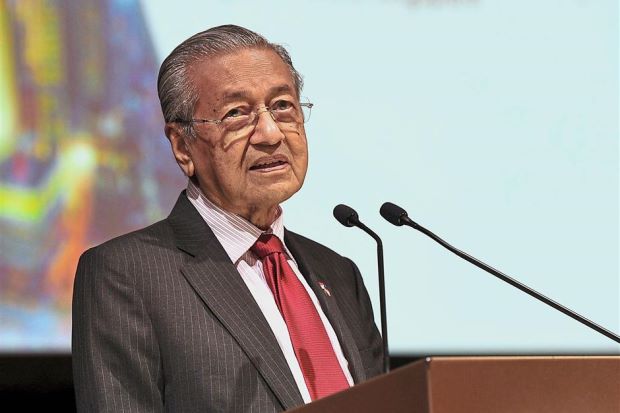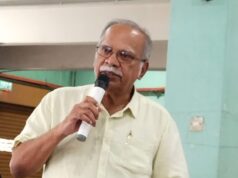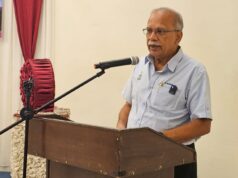 KUALA LUMPUR: Malaysia has made considerable strides in its poverty eradication efforts but problems relating to poverty persist and require policy attention, said Prime Minister Tun Dr Mahathir Mohamad.
KUALA LUMPUR: Malaysia has made considerable strides in its poverty eradication efforts but problems relating to poverty persist and require policy attention, said Prime Minister Tun Dr Mahathir Mohamad.
He said Malaysia is no longer just grappling with absolute poverty but also with relative poverty, pockets of persistent poverty and urban poverty as well as increasing inequalities.
“While rural poverty still continues to be critical, urban poverty needs policy attention and prescriptions. Persistent pockets of poverty continue to elude policy solutions in Malaysia,” he said in his speech at the Yayasan Sejahtera’s 2019 International Day For The Eradication Of Poverty Forum: Inclusive Development and Sejahtera In The New Malaysia here today.
The Prime Minister said close attention has to be given to income and wealth distribution, as progress towards reducing poverty will be stunted unless improvements in income and wealth distribution occur alongside poverty reduction.
“Our experience has taught us that economic growth per se does not equate to development for all. Averages hide a lot of inequality.
“A country cannot consider itself developed if some segments of its society do not have access to basic amenities, do not have jobs that can give them sufficient incomes or are unemployed, and have little access to productive assets,” he said adding that a country is also not developed if some of its population have to struggle on a daily basis to eke out a living and have their children facing malnutrition.
Dr Mahathir said it is for these reasons that the government launched Malaysia’s new economic model – the “Shared Prosperity Vision” which will enable all Malaysians to continuously experience sustainable and equitable growth at all levels of society regardless of race, class or location.
He said its objectives are to bridge the income and wealth gaps between economic classes, races and geographical territories, to create a progressive economy and emerge as a leading nation in the region.
The main pillars of the model are based on enhancing business and industry ecosystems, identifying new growth sectors, improvements in human capital, labour markets and wages, he explained.
“The Shared Prosperity Vision is necessary to ensure that the future development of Malaysia reduces the disparities between rich and poor, strengthens social well-being and social capital, and at the same time focuses on territorial development. This will ensure inclusive development and fulfill the objective of not leaving anyone behind,” prime minister said.
-BERNAMA










